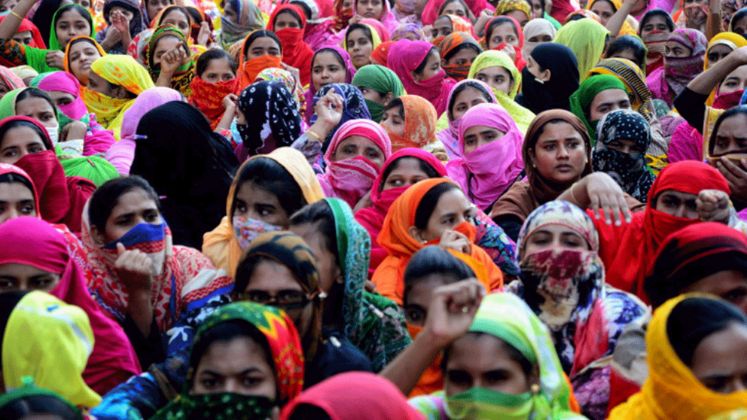Bangladesh’s ready-made garment (RMG), textile, and knitwear industries are grappling with a severe crisis, resulting in the shutdown of hundreds of factories and significant job losses. Industry owners attribute the turmoil to energy shortages, labour unrest, and instability within the banking sector.
Over the past year, 140 factories across various sectors have ceased operations, including 76 in garments, 50 in knitwear, and 14 in textiles. This has led to the loss of approximately 94,000 jobs, with the Beximco Group alone laying off around 40,000 workers from its 15 garment factories. In total, closures have left 134,000 workers unemployed amid the shuttering of 155 factories.
Experts highlight several contributing factors to the crisis, such as high interest rates on bank loans, difficulties in securing Letters of Credit for raw material imports, ongoing gas shortages, increased gas tariffs, unreliable electricity supply, and rising wages. These challenges have escalated production costs, forcing many factory owners to shut down operations due to their inability to pay workers’ salaries.
Neighbouring countries are capitalising on the instability in Bangladesh’s RMG sector, capturing portions of its export market, which threatens the long-term viability of Bangladesh’s garment exports. Reports indicate a decline in exports of Bangladeshi garments to the U.S. market.
The Bangladesh Garment Manufacturers and Exporters Association (BGMEA) has reported that 76 of its member factories have shut down, resulting in 51,000 job losses. Additionally, at least 158 factories are struggling to meet payroll obligations. The Bangladesh Knitwear Manufacturers and Exporters Association (BKMEA) noted that over 50 knitwear factories closed within the past year, leaving more than 35,000 workers without jobs.
The Bangladesh Textile Mills Association (BTMA) has confirmed that 14 of its member factories have completely ceased operations, leading to job losses for nearly 8,000 workers.
Amirul Haque Amin, President of the National Garment Workers Federation, urged the government to intervene. AHM Shafiquzzaman, Secretary of the Ministry of Labor and Employment, acknowledged the challenges.
Mohiuddin Rubel, former director of BGMEA, noted that rising production costs and labour unrest have led to the closure of 76 garment factories this year, resulting in over 51,000 job losses.
BKMEA President Mohammad Hatem warned of further closures. BGMEA Vice President Rakibul Alam Chowdhury emphasised the impact on orders.







